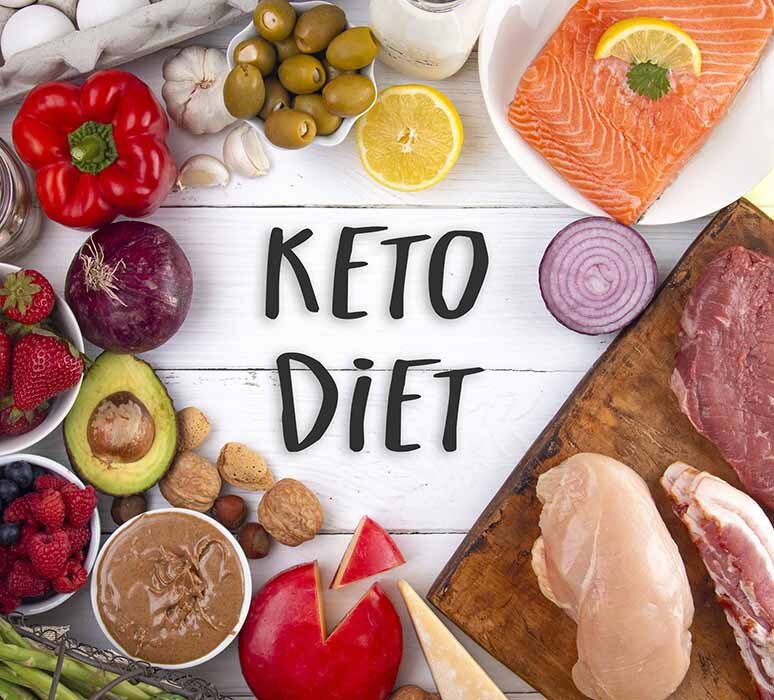While many people have successfully lost weight on this diet, they may not know how it affects their oral health.
The keto diet has grown in popularity in the last several years. You’ve either tried it yourself or likely know of someone who has. The keto diet puts the body into a state of ketosis when your body begins burning fat for energy instead of sugars and carbs. To do this, you eat a low-carb, high-fat, and protein diet.
While many people have successfully lost weight on this diet, they may not know how it affects their oral health. At The Dental Anesthesia Center, we’re here to help our patients have the best oral care possible.

Oral Health Benefits of the Keto Diet
You may be surprised to learn that the keto diet has several oral health benefits. First, it reduces plaque build-up. Eating sugar feeds the bacteria in your mouth and creates a film, the plaque, on your teeth. Plaque eats away at your enamel and irritates your gums, which leads to oral problems. Because the keto diet allows little to no sugar intake, there’s less plaque on your teeth.
A second benefit is less plaque also means fewer cavities. When you eat sugar, it lingers on the teeth, bacteria feed on it, and it can eventually lead to cavities. The keto diet is a low-carb diet without candy, sugary juices and fruit, bread, soda, and other similar foods and drinks that can help to keep your mouth healthy. There are practically no sugars in the diet, so it won’t lead to cavities.
Negative Oral Health Side Effects
The keto diet has helped many to lose weight and help manage some of their medical conditions, but it doesn’t maintain the proper balance of some of the minerals you need to stay healthy. One side effect is that your internal pH becomes more acidic. This means that your saliva becomes more acidic, making your mouth dry, which isn’t good for your gums and teeth. Saliva fights the bacteria in your mouth and protects your teeth and gums. The combination of high acidity and dryness can lead to oral health problems in the long run.
Another side effect is what has come to be called “keto breath.” Your body gets energy from certain foods, including carbohydrates, protein, and fat. Your body generally breaks down carbs or glucose for energy and then fat. Because it is such a low-carb diet, your body is forced to use its fat stores for energy once you’ve depleted your glucose. When your body is in a state of ketosis, fatty acids are converted into ketones. Ketones are chemicals such as acetoacetate, acetone, and beta-hydroxybutyrate. The body gets rid of the ketones through exhalation and urination.
People often describe keto breath as having a metallic taste in their mouth that smells similar to nail polish remover. Keto breath won’t hurt your oral health, but it does make for unpleasant bad breath.
How to Maintain Good Oral Health
Regularly brushing and flossing your teeth is essential. But when on the keto diet, it is also important to manage your ketosis level to maintain good oral health. If you have questions about your oral health, contact The Dental Anesthesia Center to schedule an appointment. We’re here to help you have the best oral care possible.
